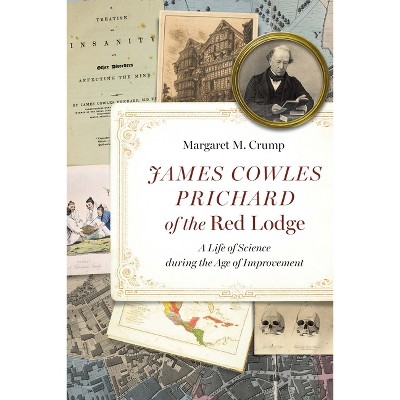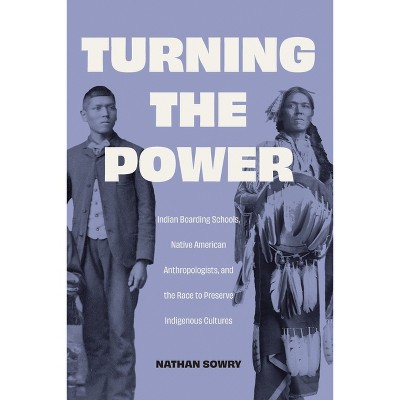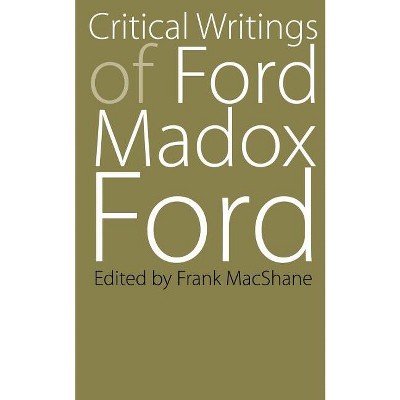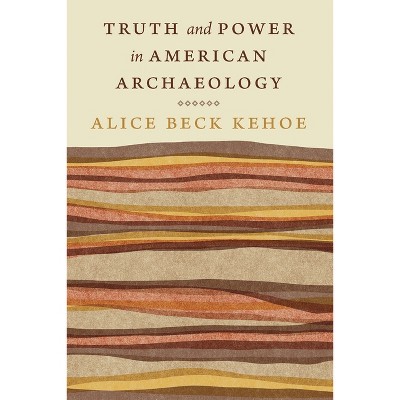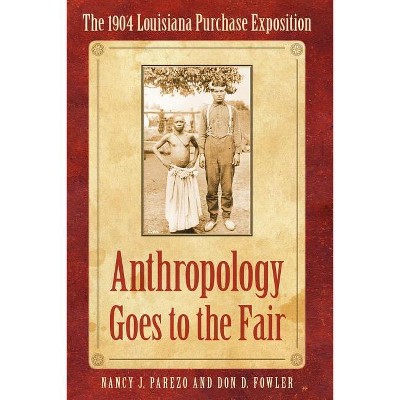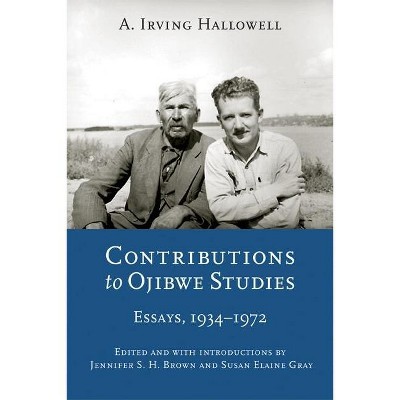Sponsored

Silence in the Quagmire - (Encapsulations: Critical Comics Studies) by Harriet E H Earle (Paperback)
$30.99
In Stock
Eligible for registries and wish lists
Sponsored
About this item
Highlights
- In Silence in the Quagmire Harriet E. H. Earle uses silence to construct a narrative of the Vietnam War via U.S. comics.
- About the Author: Harriet E. H. Earle is a senior lecturer of English at Sheffield Hallam University and a research fellow at the Centre for War, Atrocity, and Genocide at Nipissing University in Canada.
- 198 Pages
- Literary Criticism, Comics & Graphic Novels
- Series Name: Encapsulations: Critical Comics Studies
Description
About the Book
Through American comics, Silence in the Quagmire focuses on the Vietnam War's forgotten voices, including the Vietnamese on both sides of the conflict, women and girls, and returning veterans.Book Synopsis
In Silence in the Quagmire Harriet E. H. Earle uses silence to construct a narrative of the Vietnam War via U.S. comics. Unlike the vast majority of cultural artifacts and scholarly works about the war, which typically focus on white, working-class American servicemen and their experiences of combat, Earle's work centers less-visible players: the Vietnamese on both sides of the conflict, women and girls, and returning veterans. Earle interrogates the ways this conflict is represented in American comic books, with special focus on these missing groups. She discusses how--and more critically why--these groups are represented as they are, if they're represented at all, and the ways these representations have affected views of the war, during and since. Using Michel Foucault's understanding of silence as discourse, Earle considers how both silence and silencing are mobilized in the creation of the U.S.-centric war narrative. Innovative in its structure and theoretical scaffolding, Silence in the Quagmire deepens our understanding of how comic books have represented the violence and trauma of conflict.Review Quotes
"A compelling exploration of how comics shape historical memory, Harriet Earle's study of marginalized voices provides an inclusive and nuanced understanding of the Vietnam War's portrayal in American comics. Essential for those interested in the intersection of culture, history, and memory."--Stephen Connor, associate professor of history at Nipissing University
"Absent speech, scenes concealed in the gutter, the ambiguity of a figure: these are the traces expertly tracked and analyzed in Harriet Earle's exploration of narrative silences within the American mythogenesis of the Vietnam War. This study offers arresting insights for both comics scholars and historians and could offer an interesting counterbalance for teachers who would wish to teach history through comics or other popular media."--Elizabeth Allyn Woock, assistant professor of English at Palacký University
"This is an important and timely contribution to a neglected but significant part of American comic book history. Although much academic work has concentrated on superhero comics, the war comic has been a hugely popular and important form that has been hugely under-researched. Earle demonstrates that the Vietnam War had an immense impact on the war comic genre. . . . The complexities of the differing, and continuing, responses to the war in comics are clearly explained in a perceptive and accessible analysis. This is an essential guide for anyone studying the representation of conflict in the comic form."--David Huxley, editor in chief of Journal of Graphic Novels and Comics
About the Author
Harriet E. H. Earle is a senior lecturer of English at Sheffield Hallam University and a research fellow at the Centre for War, Atrocity, and Genocide at Nipissing University in Canada. She is the author of Comics: An Introduction and Comics, Trauma, and the New Art of War.Dimensions (Overall): 8.0 Inches (H) x 5.0 Inches (W) x .45 Inches (D)
Weight: .44 Pounds
Suggested Age: 22 Years and Up
Series Title: Encapsulations: Critical Comics Studies
Sub-Genre: Comics & Graphic Novels
Genre: Literary Criticism
Number of Pages: 198
Publisher: University of Nebraska Press
Format: Paperback
Author: Harriet E H Earle
Language: English
Street Date: May 1, 2025
TCIN: 1002483049
UPC: 9781496240545
Item Number (DPCI): 247-49-5715
Origin: Made in the USA or Imported
If the item details aren’t accurate or complete, we want to know about it.
Shipping details
Estimated ship dimensions: 0.45 inches length x 5 inches width x 8 inches height
Estimated ship weight: 0.44 pounds
We regret that this item cannot be shipped to PO Boxes.
This item cannot be shipped to the following locations: American Samoa (see also separate entry under AS), Guam (see also separate entry under GU), Northern Mariana Islands, Puerto Rico (see also separate entry under PR), United States Minor Outlying Islands, Virgin Islands, U.S., APO/FPO
Return details
This item can be returned to any Target store or Target.com.
This item must be returned within 90 days of the date it was purchased in store, shipped, delivered by a Shipt shopper, or made ready for pickup.
See the return policy for complete information.
Trending Poetry

Bestseller
$22.89
was $24.48 New lower price
Buy 2, get 1 free select books
4.6 out of 5 stars with 52 ratings





$9.85 - $23.09
MSRP $15.99 - $32.99
Buy 2, get 1 free select books
4.8 out of 5 stars with 147 ratings
